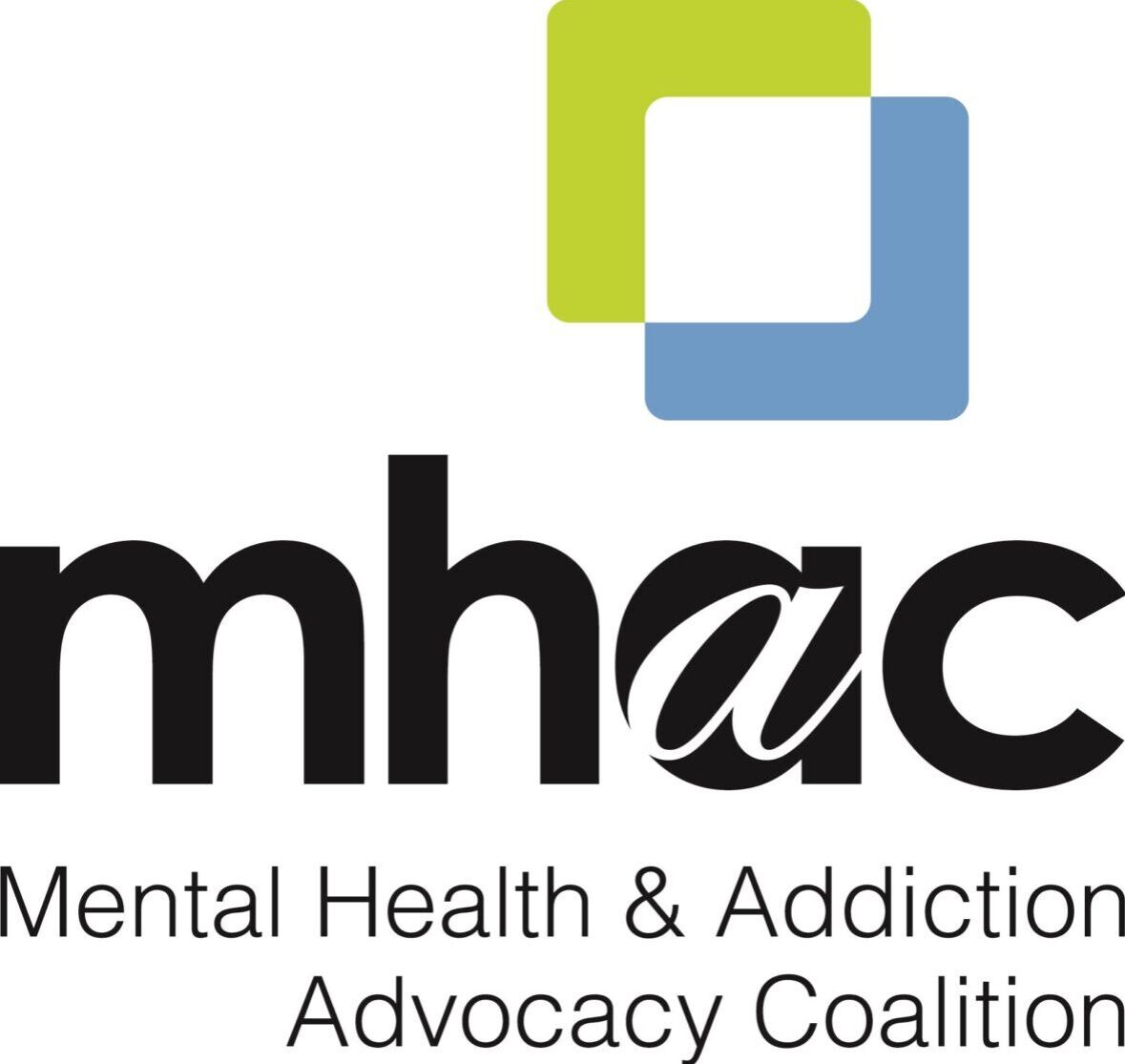
Along with the MHAC’s two regional Hubs in Northeast and Southwest Ohio, the MHAC has a Columbus office to advocate at the state-level. State-level work gives MHAC members the opportunity to advocate on policy and issues with members of the General Assembly and the administration. As a diverse coalition, the MHAC brings local and statewide voices together to advocate on state issues with a broader voice and message surrounding behavioral health advocacy.
Meetings & Events
The MHAC hosts quarterly State Policy & Advocacy Committee meetings, which all members are able to attend via online conferencing. The State P&A Committee also has an annual in person meeting in Columbus to strengthen membership across regions and meet with lawmakers, state agency directors, and sister organizations.
Yearly, the MHAC organizes the MHAC Advocacy Week. This week of meetings allows members the opportunity to meet with legislators in small groups to advocate for mental health and addiction disorder policy and funding initiatives.
The MHAC is the co-sponsor of the Legislative Mental Health Caucus, a group of legislators who are champions that meet two to three times a year to discuss and address mental health issues with effective public policy.
Similar to its regional Hubs, the MHAC’s state-level work is guided by a State-Level Advocacy Agenda, which is developed by MHAC members to address issues key mental health and addiction disorder issues. The agenda outlines the State Program and Policy Director’s work for a two-year period that coincides with terms of the General Assembly.
The State-Level Advocacy Agenda for 2023-2024 priorities include:
- Strengthen the Behavioral Health Workforce – Advocate for opportunities for provider agencies to incentivize lasting employment at community behavioral health centers to increase recruitment and retention rates. Advocate on workforce development initiatives with the General Assembly, the administration, managed care organizations, other advocates, and community partners. Continue to promote cultural competency and diversity in all workforce advocacy efforts.
- Advocate for State Funding for Mental Health and Addiction Prevention, Treatment, and Recovery Services – Protect funding across state agencies for mental health and addiction services. Advocate for additional funding throughout the biennium and during the budget process. Advocate as appropriate on legislative and administrative efforts to address mental health and addiction with a focus on prevention, full continuum of care, harm reduction, and policies that will increase access to treatment and recovery supports. Ensure parity in behavioral healthcare.
- Increase Reimbursement Rates for Behavioral Health Treatment Services and Ensure Access to Care Through Insurance Parity – Educate policymakers, the business community, and the public about insurance coverage and the need for parity between behavioral and physical health care. Raise awareness to reduce stigma surrounding mental health and substance use disorders.
- Support State Managed Care Initiatives that Strengthen the Behavioral Health System and Access to Care – Advocate to standardize processes across managed care plans and monitor consistency of prior authorization. The MHAC will address systemic issues, including providing care to multi-system youth, integrating physical and behavioral health care, coordinating care, addressing social determinants of health, and moving to value-based contracting for improved outcomes. Assist with a successful OhioRISE implementation. Ensure parity among managed care contracts.
- Address Mental Health and Addiction Disparities for Systemically Oppressed Ohioans – The MHAC will support state efforts to reduce behavioral health disparities and systemic racism in the behavioral health system and educate policymakers on the role it plays in the behavioral health of minority populations. Included in our research on racial and ethnic disparities in behavioral health are prevalence of behavioral health disorders among Ohioans of color, access to care, quality of care, and health outcomes.
- Older Adults - Promote the importance of preparing and training workforces for the behavioral health needs of aging populations. Identify and promote Legislative and State Agency policy and programs that affect older Ohioans care. The MHAC will also educate public officials and other stakeholders on the need to include mental health and addiction services in all service-planning efforts that support older adults. If an older adult wants to live in their home, promote community based behavioral healthcare professionals as the best option for caring for their behavioral healthcare needs.
Other ways members are included in state-level work:
- Members are informed of opportunities to engage in the legislative process.
- MHAC staff supports members in testifying or preparing written testimony and letters of support on legislation during the budget and on legislation related to behavioral health.
- Members have the opportunity to meet with legislators on issues of importance.
- MHAC staff can assist members with scheduling a tour and meeting at their organization with their state senator or representative.
- Members have the opportunity to attend meetings with state agencies to provide valuable insight on issues such as the procurement of new managed care contracts and workforce development.
All members are able to participate in state-level work.
Interested in becoming a MHAC member? Read more about who can become a member on our Join Us page.
